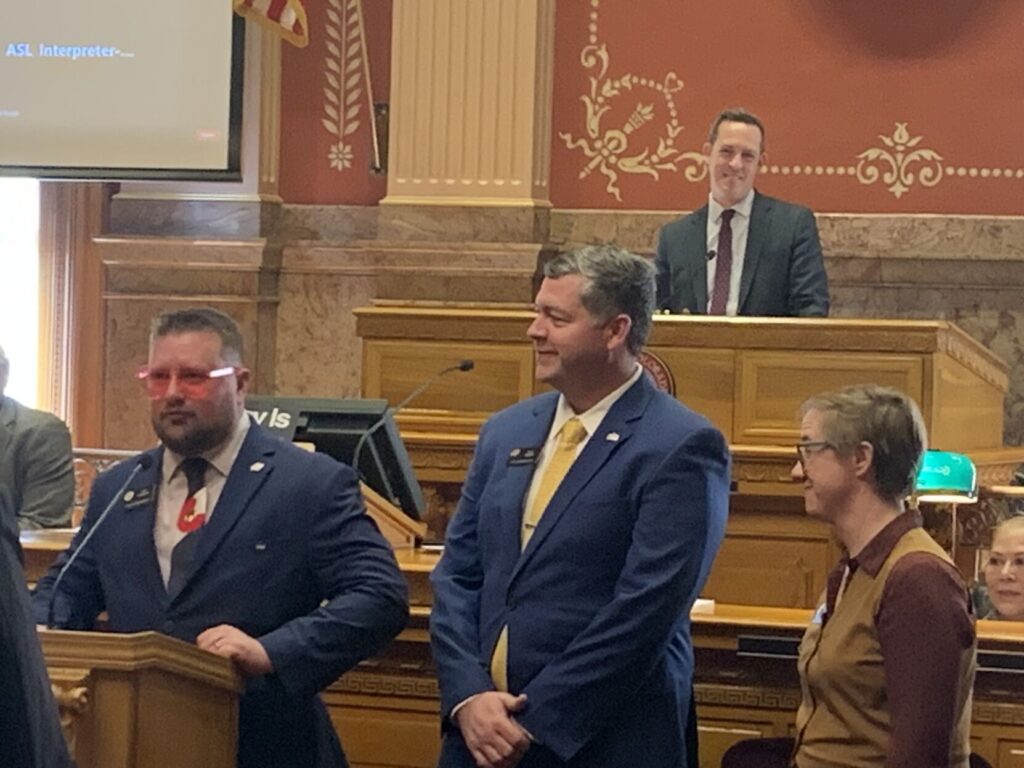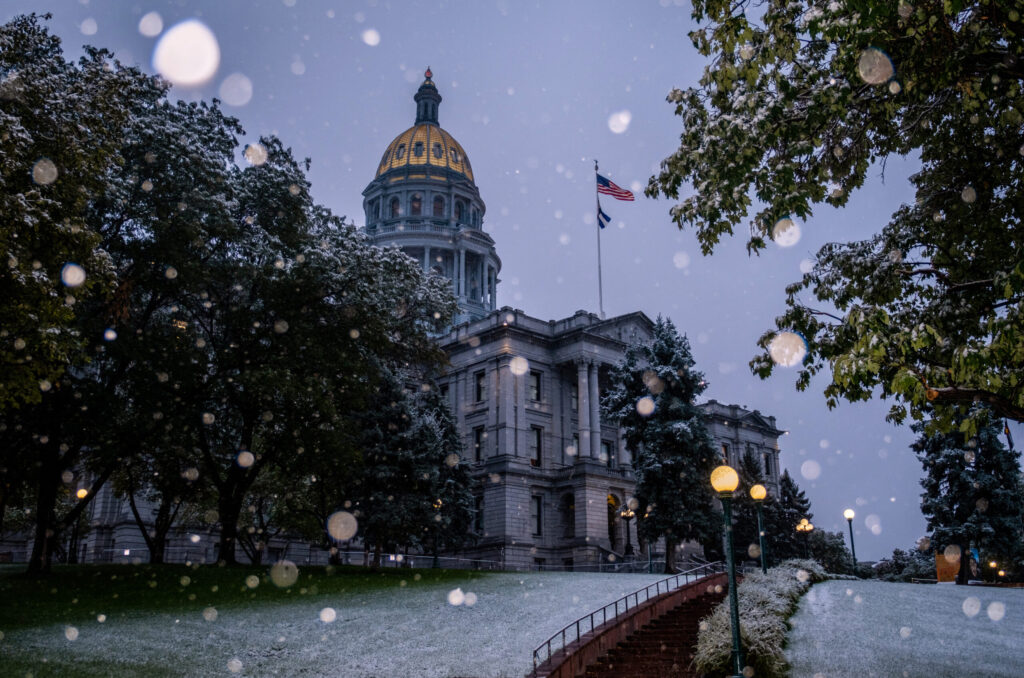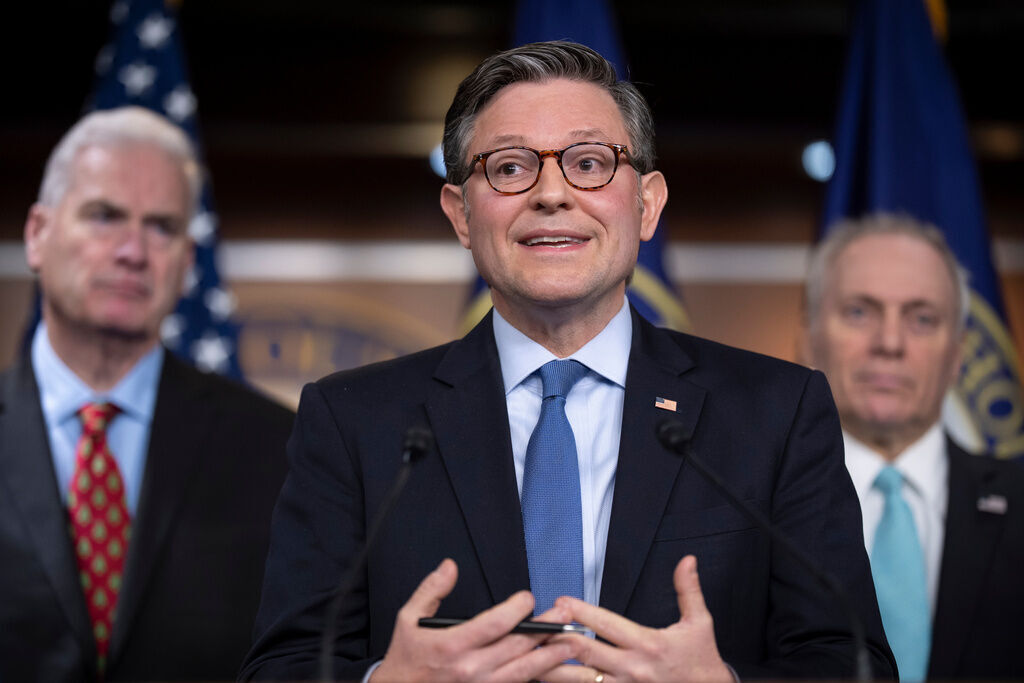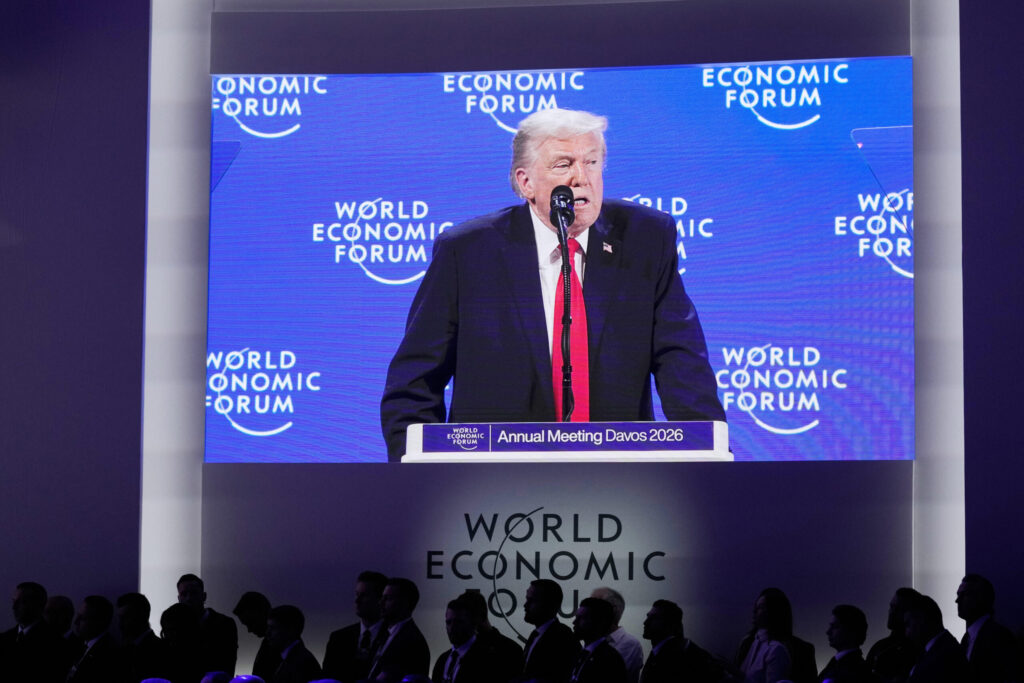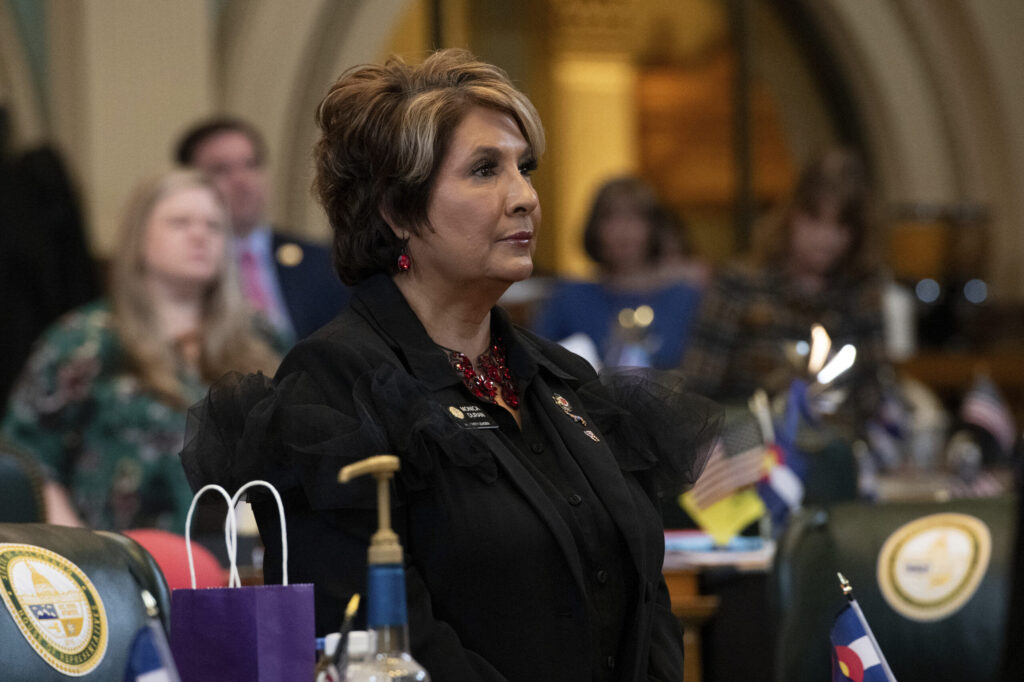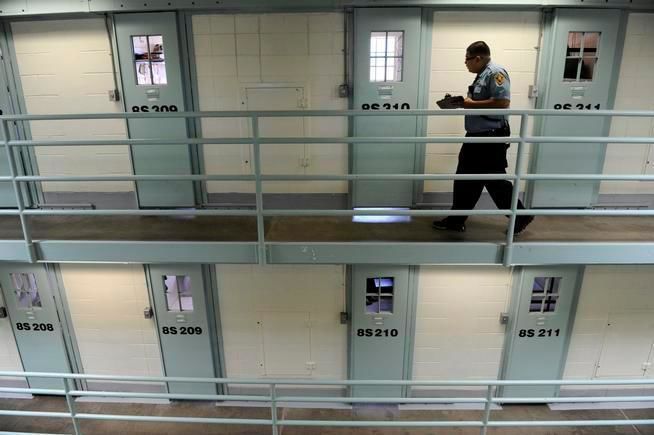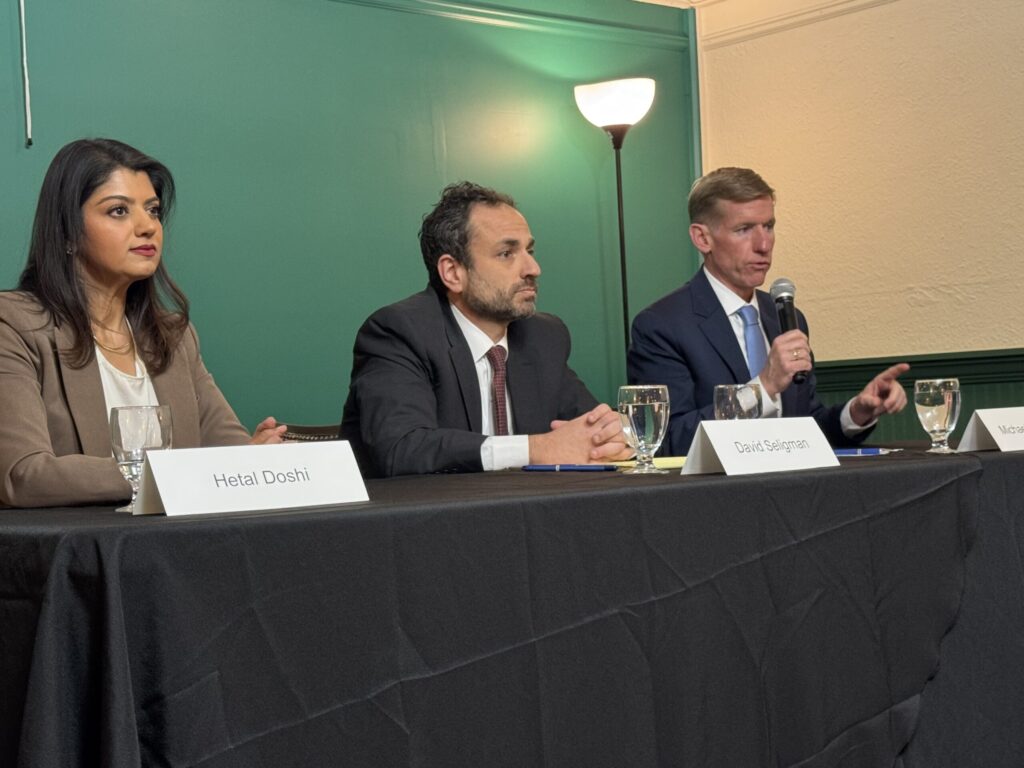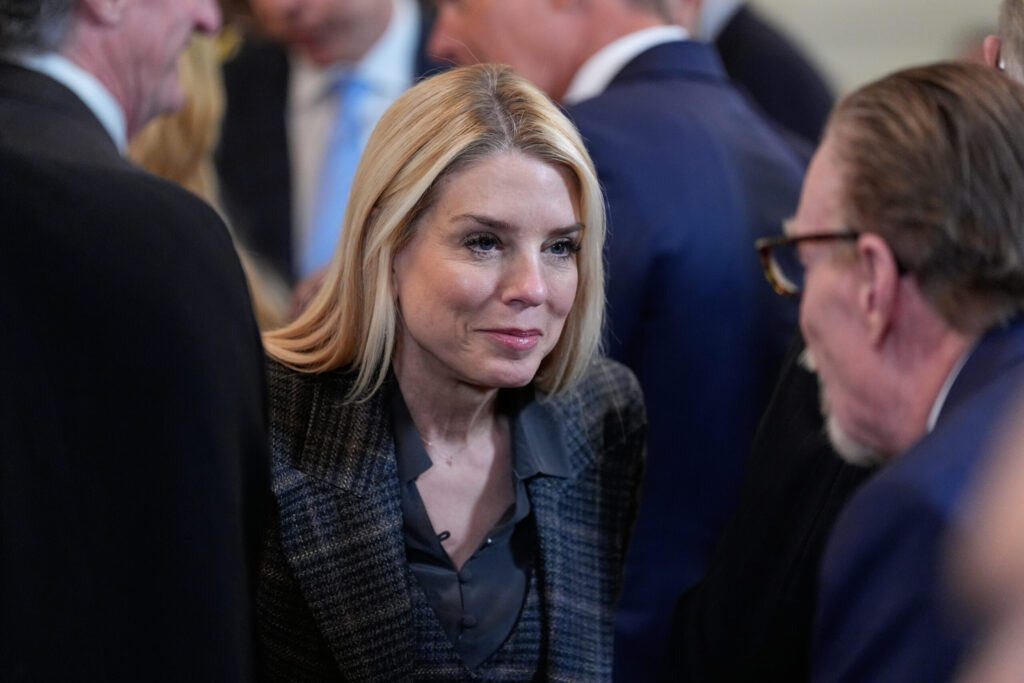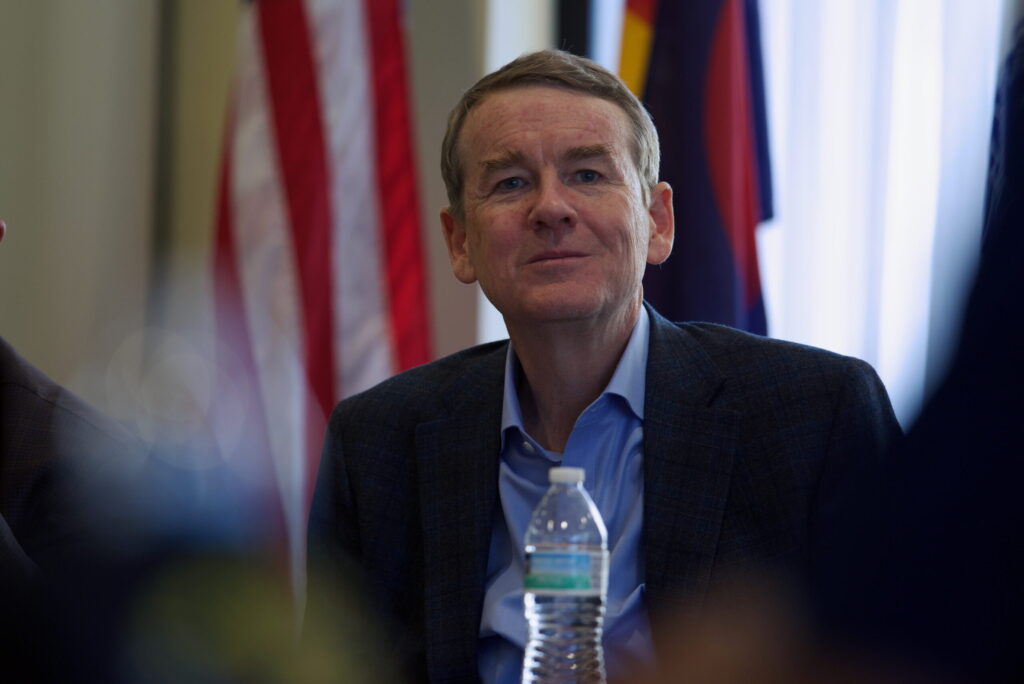Reflecting on the aftermath of Gabby Giffords’ shooting 13 years later
Just over 13 years ago, I was heading down one of Tucson’s busy east-side roads, on my way to lunch with my family. While the exact details of that day and month are now vague, I remember several things distinctly.
At one point, I had checked my phone to see several missed phone calls from my mom in New Mexico. Thinking something was wrong with her or my dad, I called her back. She immediately started asking if I was OK and where I was.
I was confused by the worry in her voice. That’s when she told me that former U.S. Rep Gabrielle Giffords had been shot.
Giffords often held what they called “Congress on the Corner” events. As a young reporter in Southern Arizona, I usually attended them. When my mom heard the news, she immediately worried that I had covered the event that Saturday morning.
The shooting took place long before mass shootings became a regular part of the news cycle. In fact, for me, it was the first — besides hearing about Columbine.
To this day, I often find myself asking why I wasn’t there that day. There are two reasons. First, Giffords had sat down with me about 10 days before for a one-on-one interview. Seeing her so recently, I opted not to go to her Congress on the Corner event, which was also going to be at a grocery store on the northwest side of town. I lived on the east side at the time.
I still say that had it not been for the sit-down interview not long before, I likely would have gone.
I remember that sit-down interview well.
By that time, Giffords, a Democrat, had made quite a name for herself in Southern Arizona. Many were surprised when she got the longtime sitting Republican Jim Kolbe to endorse her once he decided to retire. She had her sights set on the U.S. Senate.
In interviews over the years, she had often brought up her astronaut boyfriend, now U.S. Sen. Mark Kelly. Eventually, Kelly was being called her astronaut husband.
I had recently taken in two girls due to a family tragedy. My husband and I would later adopt the two girls. Giffords gave me some advice that day. We laughed when I told her the story of my 4-year-old new daughter throwing up on me before I went into work, and me not knowing what to do except cry.
Giffords was always a caring, genuine person, whether you agreed or disagreed with her politics. Tucson and Southern Arizona media outlets came to know her well because she was accessible.
She was always handwriting letters. When one of us in the media won an award, we would get a congratulatory letter. It didn’t matter what news outlet you worked with. Today, her book, “Gabby,” sits on my bookshelf with one of those folded letters inside.
Being a small-town reporter at the time, I am not sure if I would have ever dipped my ink into the political scene had it not been for the transparency in her office that included more than just the big media outlets.
I learned a lot from her and her staff. Not long before the shooting, I had worked with her aide, Gabe Zimmerman, on a solar project breaking ground. I found out about Zimmerman dying in the shooting when the photo I had taken of him appeared in a CNN report.
The week that followed was tough for those of us in the news business. I remember a colleague from another paper wrote on Facebook that he felt like the week was one of the hardest of his career, as he put the print edition to bed that night.
I understood what he was feeling. In my nearly 25-year career, two days will always stick out. The first is 9/11, when America was attacked and when I spent the day as a journalist trying to find local angles to a tragedy that impacted the entire world. The second is Jan. 8, 2011, when Giffords was shot and six people, including a child and a judge, were killed by a young man who had been struggling with mental illness and had no apparent other reason to target this event that day.
As a journalist, I call it “reporter mode.” We set aside feelings and emotions as we get the facts, write them all down, and inform the public about what they need to know.
However, we are still humans. Later in my career, as I started working with and mentoring young journalists, I would hammer home the need to digest and reflect. Once “reporter mode” is turned off, for our sanity, reflecting and accepting our feelings is essential.
Sitting on a journalist panel a few years ago, I was saddened to hear a young Denver journalist talk about how it’s common now to cover mass shootings. Here in Colorado, we are too familiar with the tragedies. We have covered shootings at the Aurora Theater, a STEM school in Highlands Ranch, the King Soopers in Boulder and Club Q in Colorado Springs.
That Saturday morning, 13 years ago in Tucson, when it seemed like a foreign concept, I reflected on that day and the following day. On Monday, I went to work to cover the shooting and what it meant to Southern Arizona and the country. I was the architect of my paper’s first anniversary special edition.
Soon, days, weeks, and months turned into years, and before I left Southern Arizona for Colorado, those of us working the local media in Tucson watched what seemed like a miracle. We watched this woman go from being shot in the head to leading the National Anthem at Congress. We watched her ride in El Tour De Tucson on a special bicycle, and we watched a documentary showing how hard she worked to get back on track — and how she continues to do so in recovery efforts.
Whether we agree with her position on guns or not, watching her create the GIFFORDS and travel the country pushing for change has not been a surprise.
While Eleanor Roosevelt is my favorite first lady, to this day, I often tell my children that Giffords is one of my living heroes. Her being one of my heroes has nothing to do with her politics or gun control efforts. That is a conversation for another day. She is my hero because she never quits. She has achieved more than any of us could have ever imagined that tragic day in Tucson.
Seeing her in person for the first time in over 13 years here in Colorado on Wednesday came with mixed emotions, but I was not surprised by her closing message to always push forward and fight — no matter what the battle is.
Editor’s note: Thelma Grimes, an award-winning journalist, is Deputy Editor of Colorado Politics.



